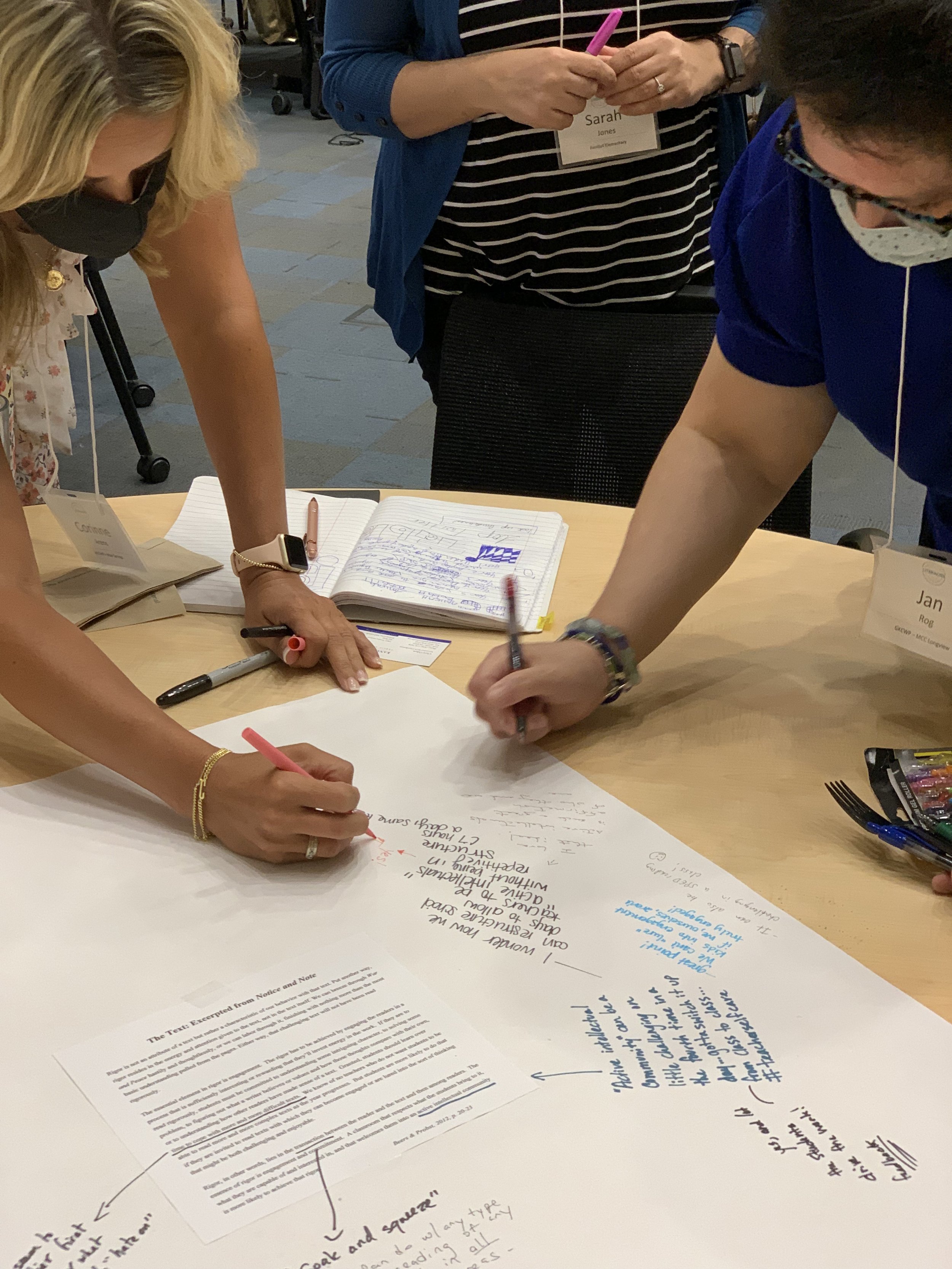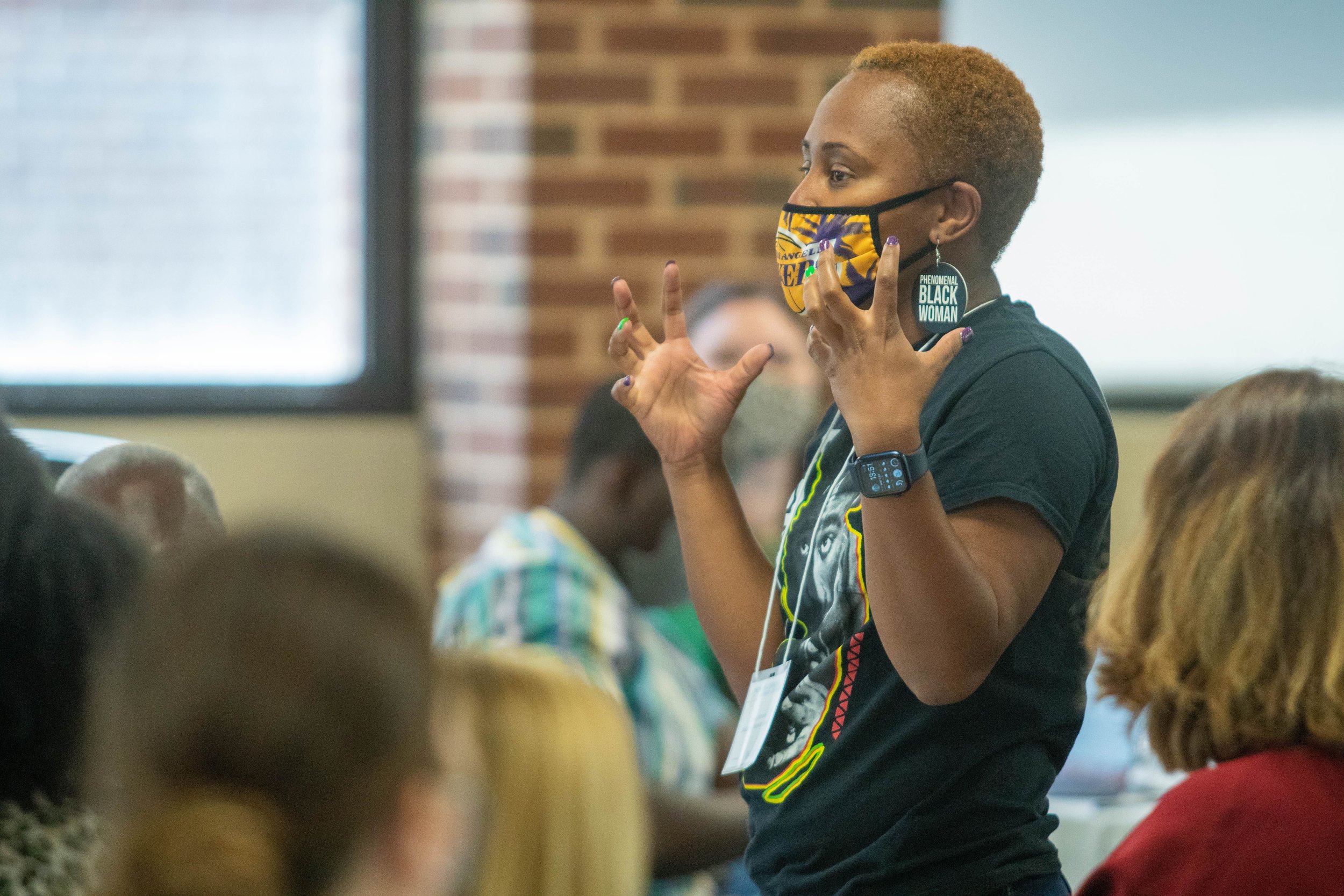
Resources
Family and Community Literacy
Family and community literacy initiatives recognize the literacy practices that already exist among families in their homes and community settings as part of many everyday activities.
Close Reading
Close reading involves critically analyzing and evaluating texts. Modeling, reading guides, and class discussions can scaffold students' close reading of texts. In order to ask questions that help deepen students' experiences with texts and learn from texts, we must examing the question and answer relationships and use that knowledge to design text-dependent questions that can guide students to close read.
RECIPROCAL TEACHING
Reciprocal teaching is a literacy learning strategy that aims to improve students' reading comprehension skills. It involves a structured and collaborative approach where students take on the role of both the teacher and the learner.
WORD STUDY
Word study is exploring reading at the word level, and includes building knowledge of how words work, knowledge of word parts, knowledge of word meanings, and word learning strategies.
SUPPORT FOR GROWING READERS
Literacy develops over a lifetime. And, throughout our life, we all struggle to read something at some point. Struggle is contextual and related to the text and purpose for reading. When working with children, it's important to consider what part of reading knowledge, skills, and dispositions are strong and which require more practice.
READING AND THE BRAIN
There is a growing body of research from the field of neuroscience on reading. This research has pointed to the role of executive function in reading (Duke & Cartwright, 2021; Paris & Block, 2015). function issues can be a major factor contributing to reading difficulties.
CRITICAL LITERACY
Critical literacy approaches reading, writing, speaking, listening, viewing, visually representing, inquiring, thinking, and acting from a critical frame. Students are taught to question the credibility of claims and assess bias in texts they read and view.
INTEGRATED LITERACY INSTRUCTION
Integrated approach to literacy means that reading, writing, speaking, listening, language, visually representing, and thinking cannot be separated out. All are related, and integrating our teaching shows positive results.




















